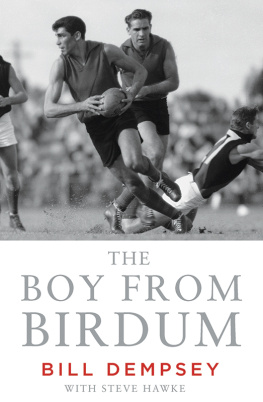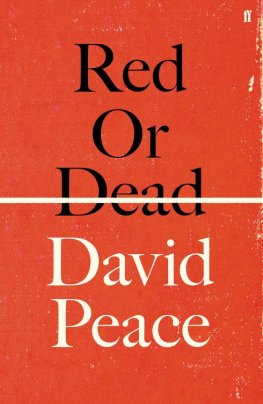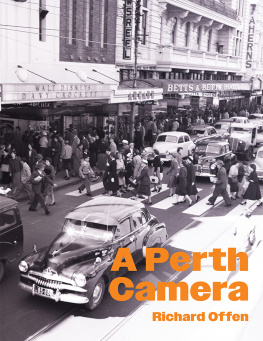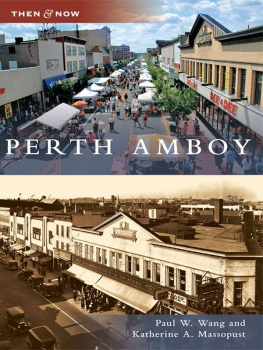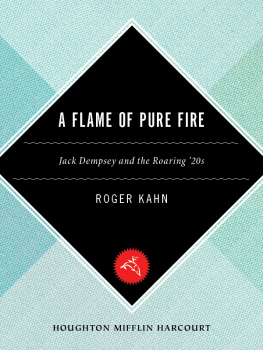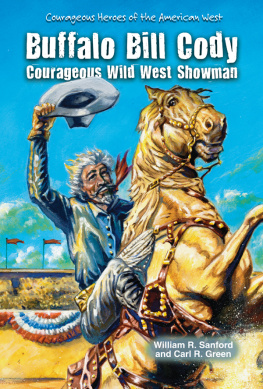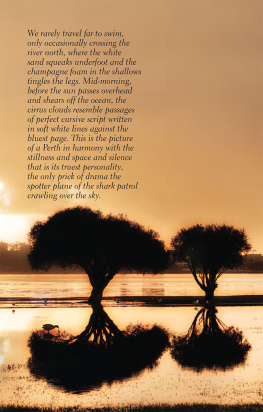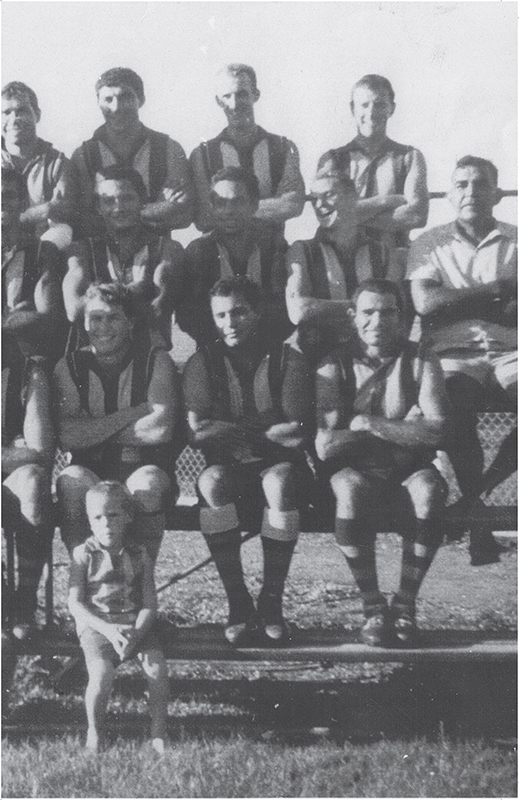
THE
BOY FROM
BIRDUM
THE BILL DEMPSEY STORY
THE
BOY FROM
BIRDUM
THE BILL DEMPSEY STORY
BILL DEMPSEY
WITH STEVE HAWKE


First published 2021
Magabala Books Aboriginal Corporation
1 Bagot Street, Broome, Western Australia
Website: www.magabala.com
Email:
Magabala Books receives financial assistance from the Commonwealth Government through the Australia Council, its arts advisory body. The State of Western Australia has made an investment in this project through the Department of Local Government, Sport and Cultural Industries. Magabala Books would like to acknowledge the generous support of the Shire of Broome, Western Australia.
Magabala Books is Australias only independent Aboriginal and Torres Strait Islander publishing house. Magabala Books acknowledges the Traditional Owners of the Country on which we live and work. We recognise the unbroken connection to traditional lands, waters and cultures. Through what we publish, we honour all our Elders, peoples and stories, past, present and future.
Copyright Bill Dempsey, Text and Images, 2021
Copyright Individuals, Images, 2021
Copyright West Australian Newspapers Limited, Photographs and Images
The creators assert their moral rights.
All rights reserved. Apart from any fair dealing for the purposes of private study, research, criticism or review, as permitted under the Copyright Act, no part of this publication may be reproduced by any process whatsoever without the written permission of the publisher.
Cover Design Jo Hunt
Typeset by Post Pre-press Group
Printed and bound by Griffin Press, South Australia
ISBN (Print) 978-1-925936-04-9
ISBN (ePUB) 978-1-925936-06-3
ISBN (ePDF) 978-1-925936-05-6

This book is written for my children, Karen, Raelene, Nalita, Marinda and Joshua, and their children.
FOREWORD
IVE ONLY WRITTEN one book and that was before the turn of the century, 1996 to be exact. There was nothing to it! Thats not to say writing a book is easy; its just that there wasnt too much substance in mine. In hindsight, the greatest achievement of my writing that book was that it was written by hand in South Africa.
I was there for a Test Cricket series between Australia and South Africa. Channel 7 had bought the rights to the series and the late Drew Morphett and I were sent to do the commentary. The cricket was memorable but it was a three Test series that stretched over eight weeks. There was plenty of time to write a book. So thats what I did.
I soon found out that my recollection of events was hardly a mirror image of history. Given I was only forty-seven, and the topic was my own past, things were rarely placed in wrong decades but, then again, only a few memories were spot on.
By contrast, some books demand to be written and read. Unlike mine, theyre not written to while away the time. This book is one of those books... one that demands to be read. Bill Dempsey writes about matters of consequence. His memory is vivid because he gives matters of importance a face. As you read this book you will come to understand how Bill, throughout a wonderful career, played for three teams, the red and blue of West Perth, the two blues of the Darwin Buffaloes, and the red, yellow and black of his Indigenous peoples. Numerous times his good friends Ron and Stan were on the front line of his defence. These days we would probably label the pair Bills posse but in those days, they were just mates, pure and simple. The irony, of course, is they themselves were outsiders in the outer.
My Dad Jim, and my Uncle Arthur both loved their footy. Jim barracked for West Perth and his favourite player was Bill, but only marginally ahead of Joe Fanchi. The name Dempsey doesnt end in a vowel but on first listen, maybe Dad thought it did, otherwise its hard to understand Joes demotion. Both Jim and Arthur were born in Australia. My grandfather had come to Western Australia from Italy as a twenty-year-old. My mother was English/French. The Italian in me was very diluted! I never considered myself a real Italian. Still, the surname was enough for me to get more than a few racial barbs as I played my way through junior footy. Which is not to say I can even begin to understand what Bill and his friends went through, its merely an observation of Australian society at that time.
I first met Bill Dempsey through Arthur. The man Bill describes in this book as a mentor to me. The pair worked together at Humes, a company once located almost in the shadows of Subiaco Oval. I reckon I was in my early teens and meeting Bill was something very special; he was a living, breathing, real-live league football star. In later life, I remember as a commentator often saying how much Paddy Ryder reminds me of Bill Dempsey. To be fair, that comparison is only partly true because in my opinion, as good as Paddy is, Bill was better. Besides I just wanted to give Bill a mention!
Bill was captain of West Perth for four seasons but what a remarkable roller-coaster ride he had. The club had appointed a new coach in 1973, former Melbourne defender Dennis Jones, and Bill became captain. Jones didnt immediately replace Graham Farmer, he replaced dashing defender Peter Steward who, after only one season as captain-coach, came to the conclusion hed rather just be one of the boys. Its fair to say 1973 showed little sign of what was to come. Under Jones, the Cardinals were unlucky losers of the Grand Final that year. But things quickly soured at Leederville.
In what Ive always regarded as one of the most turbulent years at any club in WAFL history, things spiralled out of control at alarming speed. In this book, Bill doesnt dwell too much on his second season in charge other than to make clear it wasnt one he enjoyed. Its something I knew would have to be in this book. I also knew the year was an extremely difficult one. The clubs greatest player and Bills great friend Mel Whinnen was in Jones crosshairs. Initially I expected even more venom from Bill. But after reading his account, I reckon hes got it just about right. Whats the point? Thats not to say Bill doesnt express his feelings here, its just that he was always one to let his actions do the talking, and starting a disobedience campaign at half-time is a hard act to top. Jones had only the two seasons and was replaced by Graham Campbell, who immediately led the club to a premiership in 1975. Its almost certain Bills intervention in 1974 made that premiership possible. It also cleared the way for Mel Whinnen to win the Simpson Medal for Best on Ground in the 1975 Grand Final... just weeks before claiming his ninth club Best and Fairest.
In so many ways, Leederville Oval and the seven other WAFL grounds around Perth were Bills natural habitat. He had all the pieces a champion footballer needed to have! He was a natural! Having been lucky enough to watch and call a lot of footy champions over the years, I think the trait that is most often overlooked in champions is courage. Graham Farmer and Barry Cable arent remembered for their courage. Theyre remembered for their brilliance. Bill Dempsey was the same. His competitiveness and his willingness to pay the price were too often an afterthought lost in his athleticism and skill. Having said all of that, Ive never been one to confuse courage on a football field as a guarantee of courage in everyday life.
Next page
